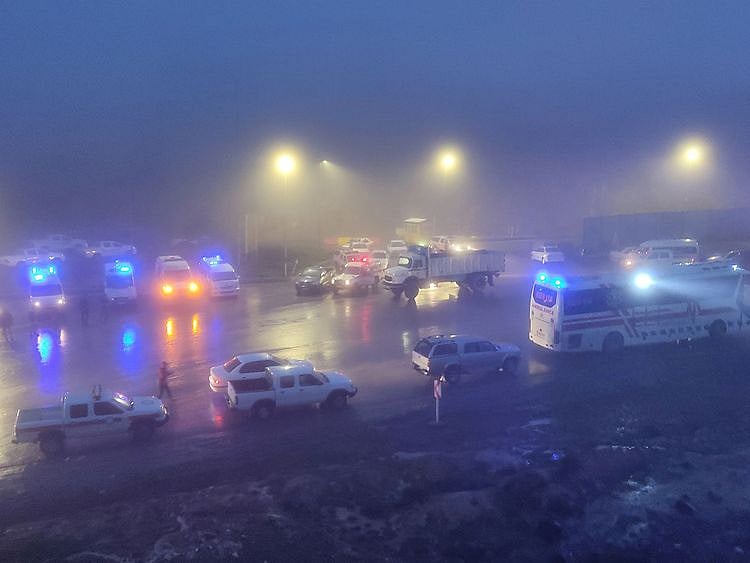What we know about the crashed helicopter carrying Iran's president
Ebrahim Raisi was killed in a helicopter crash in mountainous terrain near the Azerbaijan

A Bell 212 helicopter carrying Iran's president and foreign minister crashed on Sunday, according to Iranian state media, as it flew through mountains in heavy fog. All are feared dead, an Iranian official said on Monday as search teams located the wreckage.
The civilian version of the ubiquitous Vietnam War-era UH-1N "Twin Huey," they are in wide use globally by both governments and private operators:
What are the helicopter's origins?
Bell Helicopter (now Bell Textron, a division of Textron Inc ) developed the aircraft for the Canadian military in the late 1960s as an upgrade of the original UH-1 Iroquois. The new design used two turboshaft engines instead of one, giving it greater carrying capacity. The helicopter was introduced in 1971 and quickly adopted by both the United States and Canada, according to US military training documents.
What are its uses?
As a utility helicopter - the UH in its military designation represents those words - the Bell 212 is meant to be adaptable to all sorts of situations, including carrying people, deploying aerial firefighting gear, ferrying cargo and mounting weapons.
The Iranian model that crashed on Sunday was configured to carry government passengers. Bell Helicopter advertises the latest version, the Subaru Bell 412, for police use, medical transport, troop transport, the energy industry and firefighting. According to its type certification documents with the European Union Aviation Safety Agency, it can carry 15 people, including the crew.
Which organisations operate the helicopter?
Non-military organisations that fly the Bell 212 include Japan's Coast Guard; law enforcement agencies and fire departments in the United States and many others. It is not clear how many Iran's government operates, but its air force and navy have a total of 10, according to FlightGlobal's 2024 World Air Forces directory.
Have there been other incidents involving the bell 212?
The most recent fatal crash of a Bell 212 was in September 2023, according to the Flight Safety Foundation, a non-profit focusing on aviation safety. The most recent Iranian crash of the type was in 2018, killing four people, according to the organisation's database.
Sign up for the Daily Briefing
Get the latest news and updates straight to your inbox
Network Links
GN StoreDownload our app
© Al Nisr Publishing LLC 2026. All rights reserved.